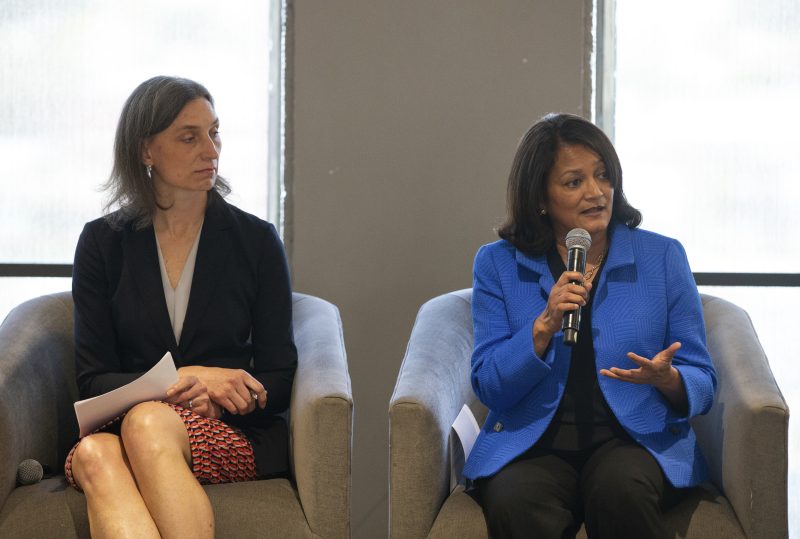Progressive Democrats Embrace Activism but Face Challenges in Translating it to Election Wins
The rise of progressive activism within the Democratic Party has been a noteworthy trend in recent years. Grassroots movements, led by activists and fueled by passionate supporters, have pushed for bold policy proposals and urged elected officials to take stronger stances on issues such as climate change, healthcare, and social justice. While this surge in activism has injected new energy and vibrancy into progressive politics, translating this momentum into electoral victories has proven to be a challenging endeavor.
One of the main hurdles that progressive Democrats face is the disconnect between activism and electoral success. Despite the passion and enthusiasm of grassroots activists, winning elections requires a different set of strategies and tactics than organizing protests or rallies. While activism can raise awareness and mobilize supporters, it often falls short in converting that energy into votes at the ballot box.
Furthermore, progressive Democrats have struggled to coalesce around a unified message and set of priorities. The diverse range of issues that fall under the progressive umbrella – from medicare for all to the Green New Deal – can sometimes lead to competing agendas and infighting within the party. Without a clear and coherent message that resonates with a broad base of voters, progressive candidates may find it challenging to build the coalition necessary to win elections.
In addition, progressive Democrats have also faced resistance from more moderate elements within the party, who argue that progressive policies are too radical and risky. This internal tension can create divisions within the Democratic Party and weaken its overall electoral prospects. Finding common ground and fostering unity among different factions within the party will be crucial in overcoming these internal challenges.
Another obstacle that progressive Democrats must navigate is the influence of money in politics. Elections have become increasingly expensive, making fundraising a critical aspect of running a successful campaign. Progressive candidates, who often refuse corporate donations and rely on grassroots fundraising, may struggle to compete with well-funded opponents who have the backing of wealthy donors and special interests.
Despite these challenges, progressive Democrats have made significant strides in recent years. The election of candidates like Alexandria Ocasio-Cortez and Ilhan Omar has demonstrated the viability of progressive ideas and energized a new generation of voters. By continuing to build grassroots support, refine their messaging, and work towards party unity, progressive Democrats can increase their chances of turning activism into electoral wins in the future.


























